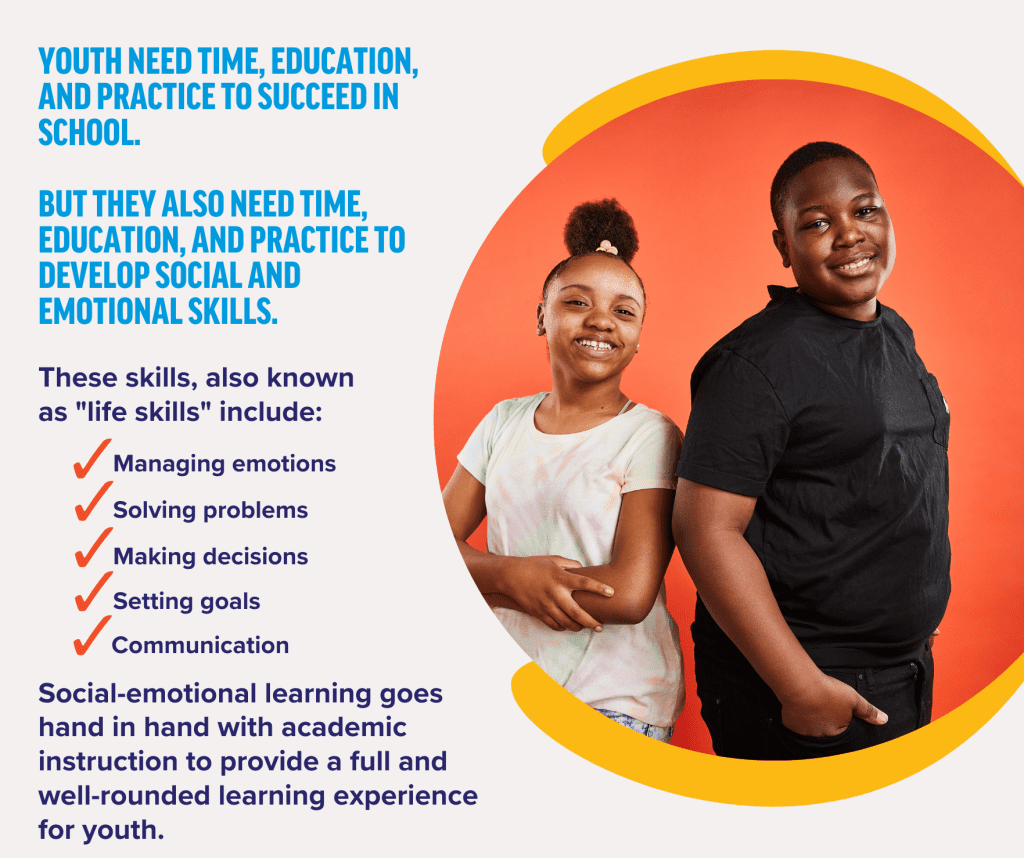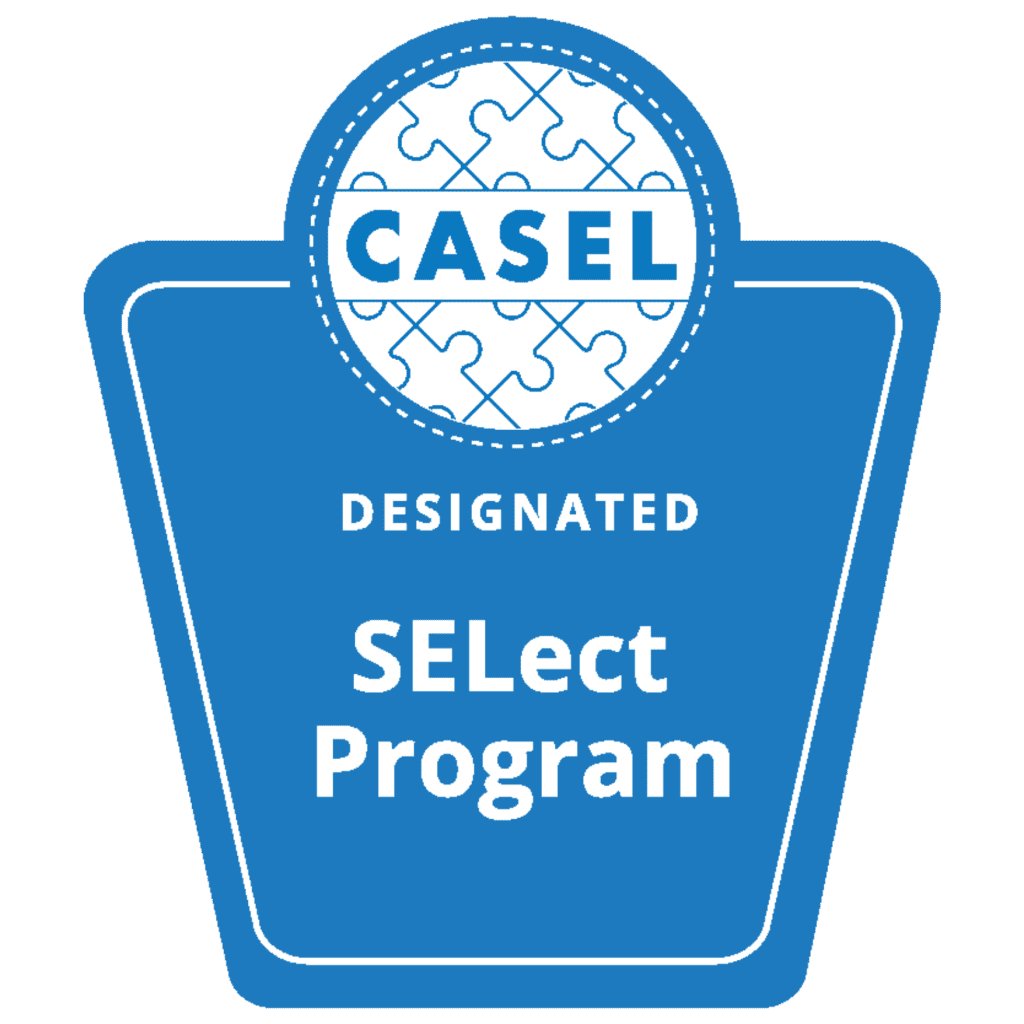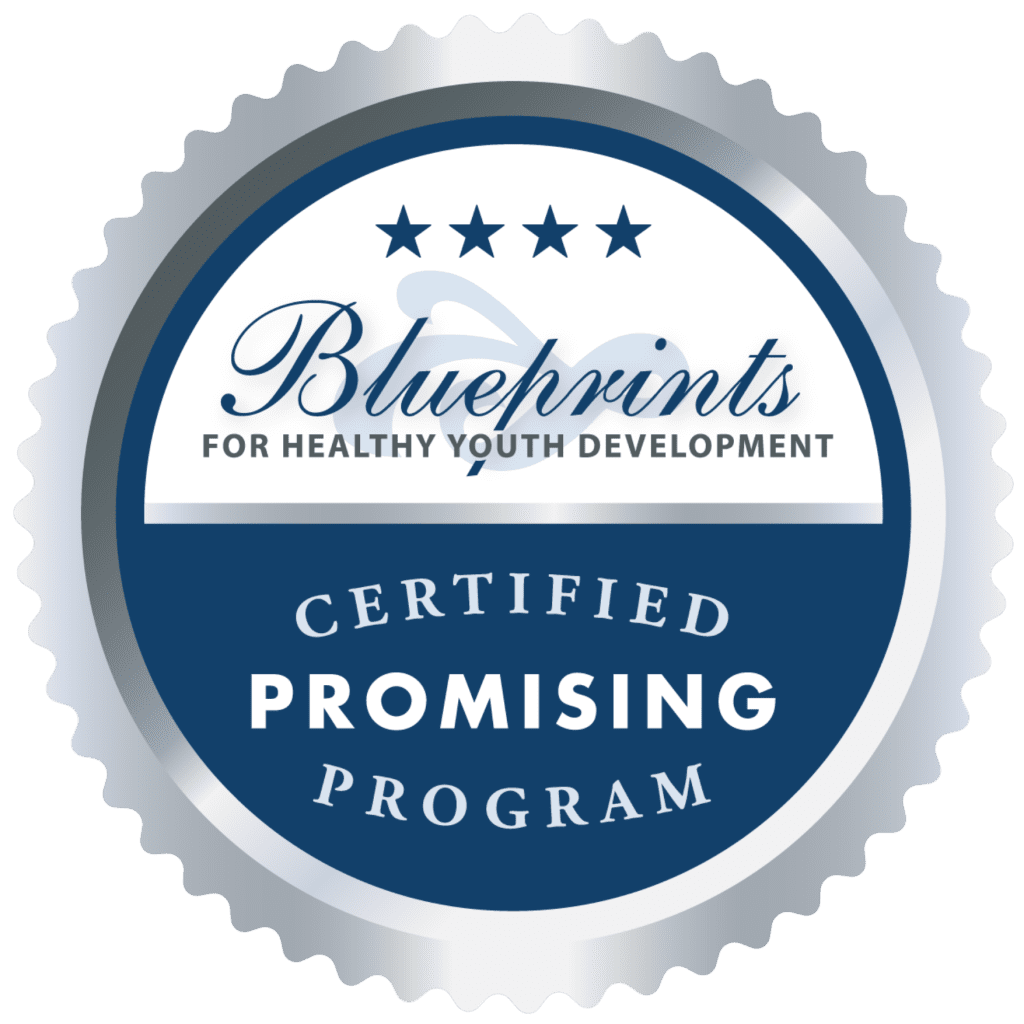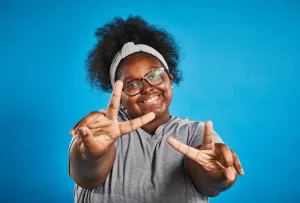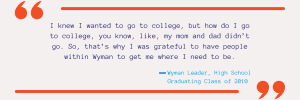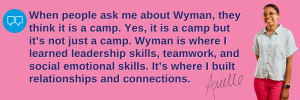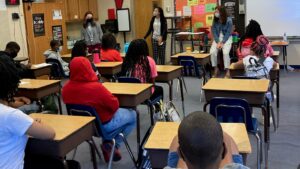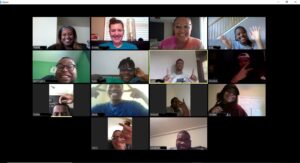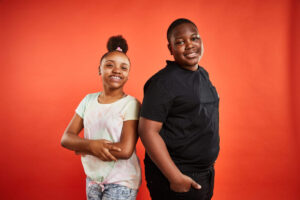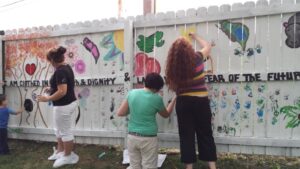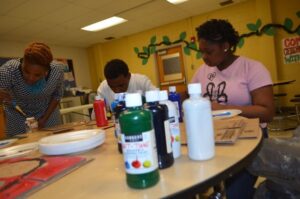
Social-Emotional Learning
What is social-emotional learning?
We all know youth need time, education, and practice to succeed in school. But they also need time, education, and practice to develop social and emotional skills. These skills, which are also sometimes referred to as ‘life skills,’ include managing emotions, solving problems, making decisions, setting goals, communicating with others, developing empathy, and establishing and maintaining positive relationships.
The process of developing these skills is often referred to as “social-emotional learning” or SEL for short. Social-emotional learning goes hand in hand with academic instruction to provide a full and well-rounded learning experience for youth.
Fundamental to SEL is caring, supportive relationships with adults and peers. Within an environment where young people feel engaged, motivated, and a sense of belonging, they build these important skills that pave the way for their current and future success.
Why is SEL important?
Research shows that social and emotional skills are essential to success in academics, community involvement, and ultimately, the workforce. Learning key SEL skills is linked to other positive outcomes, such as academic achievement and avoidance of risky behavior, even into adulthood (Taylor, et. al, 2017; Jones, Greenberg, & Crowley, 2015). As a result of these long-term outcomes, programs focused on SEL have been found to deliver a return of $11 for every $1 invested (Belfield, et.al, 2015).
How do Wyman programs support social-emotional learning?
Wyman is focused on making sure all young people have the right supports in place to foster SEL that are so fundamental to learning, work, and life.
Each Wyman program carries out a unique set of activities to support youth in SEL. The Teen Outreach Program® (TOP®) uses a facilitated curriculum and community service projects, with lessons focused on skills like emotion management and problem solving. The Teen Connection Project® (TCP®) uses facilitated curriculum lessons focused specifically on creating positive social connections. Wyman Leaders is a multi-year program that provides youth with ongoing 1:1 support and peer group experiences, including a residential camp stay.
All Wyman programs are built upon the same foundation: the strong relationships that young people develop with caring, responsive, and knowledgeable adults – a critical driver of SEL. Through these relationships, and the engaging and empowering program environments, youth are supported to build social-emotional skills, develop a positive sense of self, and make connections to others and their world.
SEL at Wyman
Preparing Youth to Thrive: Methodology and Findings from the SEL Challenge
TOP Survey Revision CASEL Poster
It’s time to prioritize healthy adolescent social connections
The Teen Outreach Program (TOP) and the Teen Connection Project (TCP) have both received CASEL’s highest designation for high-quality SEL programming. Both programs have also been recognized as Promising Programs by Blueprints for Healthy Youth Development.


